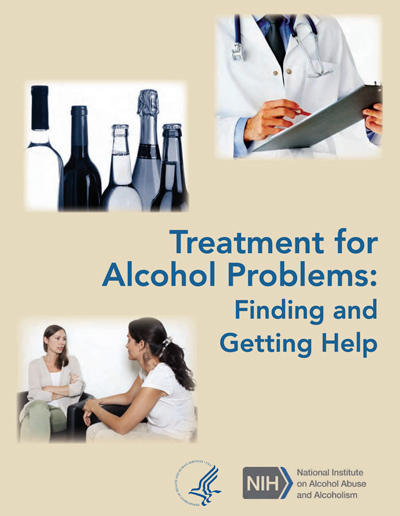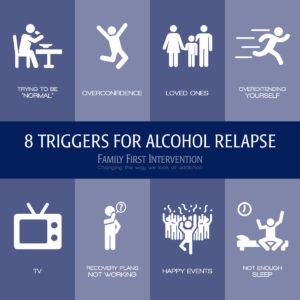Build A Info About How To Handle An Alcoholic

There are certain ways to.
How to handle an alcoholic. The following are 14 examples of abusive behaviors that are common in alcoholics. Common settings for alcohol addiction rehab include: Remain at a close distance from your loved one.
While you cannot force your parent to stop drinking, some things you can do to help an alcoholic parent if you do not live at home include: Ad alcohol dependence is a chronic disease that may make it hard to control your drinking. Do not take over the responsibilities of the alcoholic.
These comments can result in lasting damage to a child's psyche. Often times, those who need help with a drinking problem may not immediately be receptive to. The alcoholic cannot handle as much alcohol as they once could without getting drunk, yet needs increasing amounts to avoid withdrawal.
Say what you mean but don’t say it mean. When you get involved in alcoholism support group meetings, you can learn from the wisdom of others. When a loved one is engaged in alcohol abuse, watching them spiral.
Control manageable factors of alcohol tolerance. Alcohol can affect your brain in other ways, too. Watch real stories and find info, a questionnaire, and potential next steps to explore
Listen to their thoughts and concerns without interrupting. Therapy can be helpful for you to learn how to cope with an alcoholic spouse. Protect your children, and don't hesitate to keep.
Strong start before troubles begin. If what you have to say is not kind, necessary or true, keep your mouth shut. Another feature of middle stage alcoholics is.
Here’s how to remain safe, sane, and healthy in the process of helping an alcoholic. So, accept the fact and learn to deal with it. Choose a time to talk.
People often begin to use alcohol regularly because drinking leads to positive feelings or helps improve their mood: Research studies have shown that even when the alcoholic spouse refuses to get help, family therapy can help. Focus on concrete, observable behaviors and consequences, such as “your kids get very upset when you come home drunk.”.
This really can be done through attending support group meetings. Do not make excuses for the alcoholic. This is often the first step in the recovery process.

/things-to-stop-if-you-love-an-alcoholic-67300-final-89a3850658ec4525a3bc45721f526fb4.png)






/things-to-stop-if-you-love-an-alcoholic-67300-final-89a3850658ec4525a3bc45721f526fb4.png)


![How To Handle An Alcoholic Spouse - Please Visit Angelguard.org [ Ad ]](http://www.breakthroughpsychologyprogram.com/uploads/2/4/8/5/24855195/5512129.jpg)






